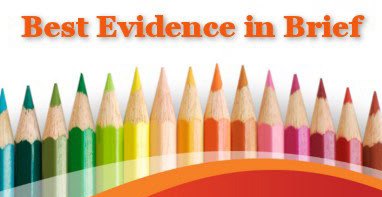Because of the lack of health care for children in the area of eye care, school-based vision programs (SBVP) have been implemented in 20 states across the US. These programs involve bringing mobile clinics into schools and providing comprehensive eye exams to detect the uncorrected refractive error needs of students who have not passed vision screening, and at the end of the exam, parents receive a letter of feedback on the student’s results.
The purpose of this article is to summarize the clinical outcomes of an SBVP program in the Baltimore City Public Schools and the implications, and challenges faced. First, the screening results found that SBVP worked for children who failed screening questions in the first year of the Vision for Baltimore (V4B) program. By collecting refractive error profiles, it was found that those students who did not wear glasses had a more severe refractive error, and those who wore glasses and received prescription guidelines had improved vision. In addition, the program demonstrated impact on student achievement. Two tests, i-Ready and Partnership for Assessment of Readiness for College and Careers (PARCC), were used to measure the impact on students’ academics.
The results showed that those students who wore their glasses according to the prescription guidelines performed better. While both parents and teachers found the program to be beneficial, a few problems were discussed, such as the lag in picking up glasses, missed teaching times for screenings and eye exams, and the uncertainty of test results when parents were not present. Authors discuss the role of teachers in supporting student use of regular eyewear, and the development and refinement of eye exam programs.

